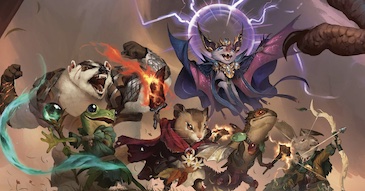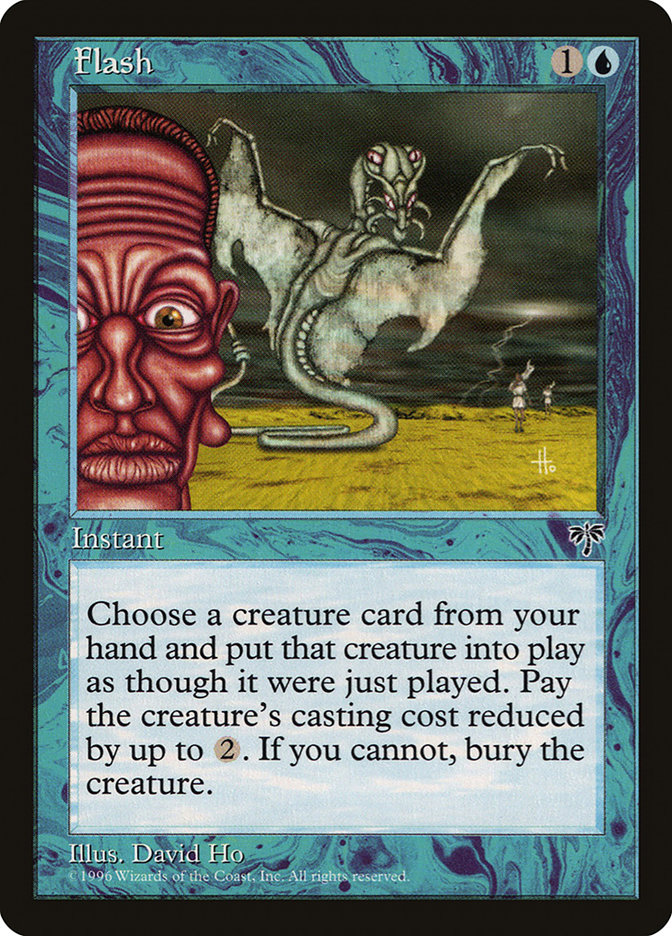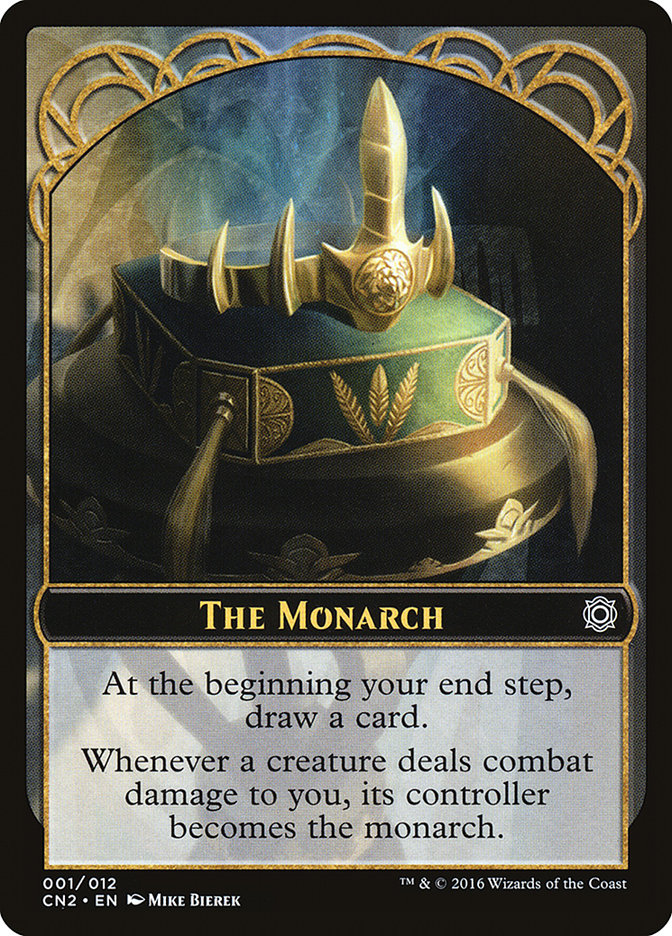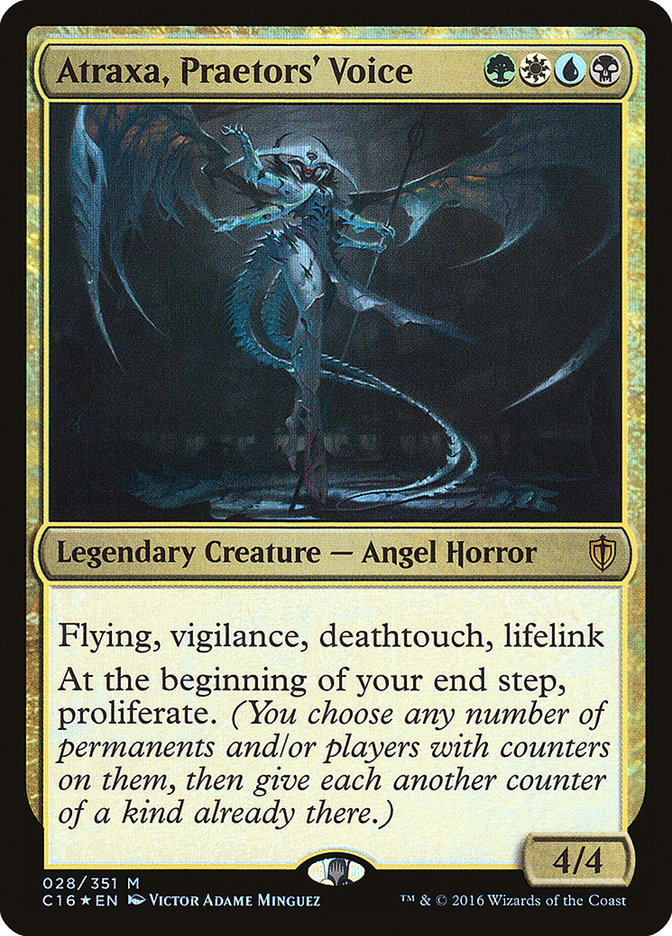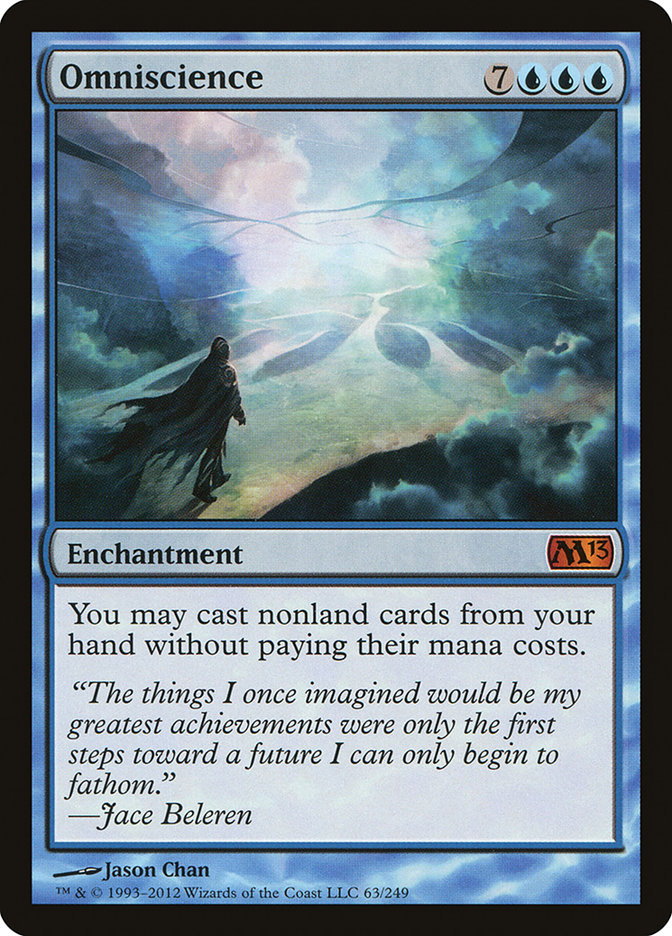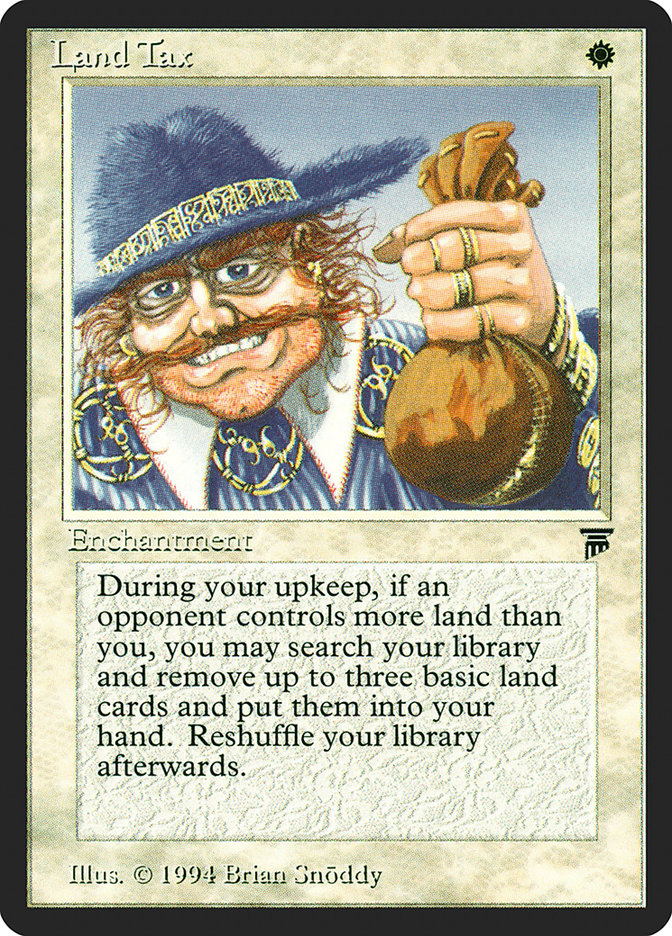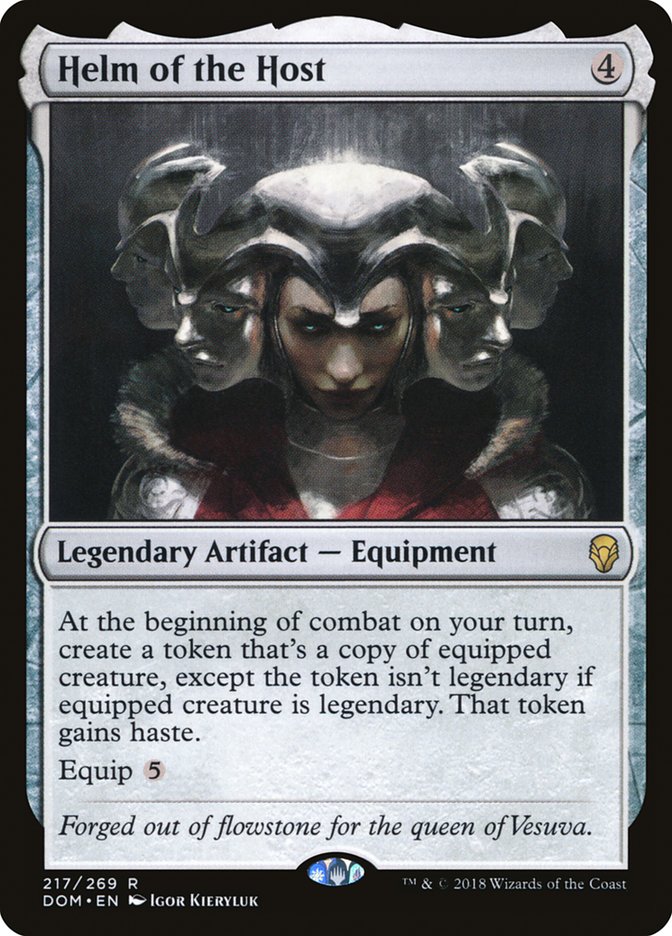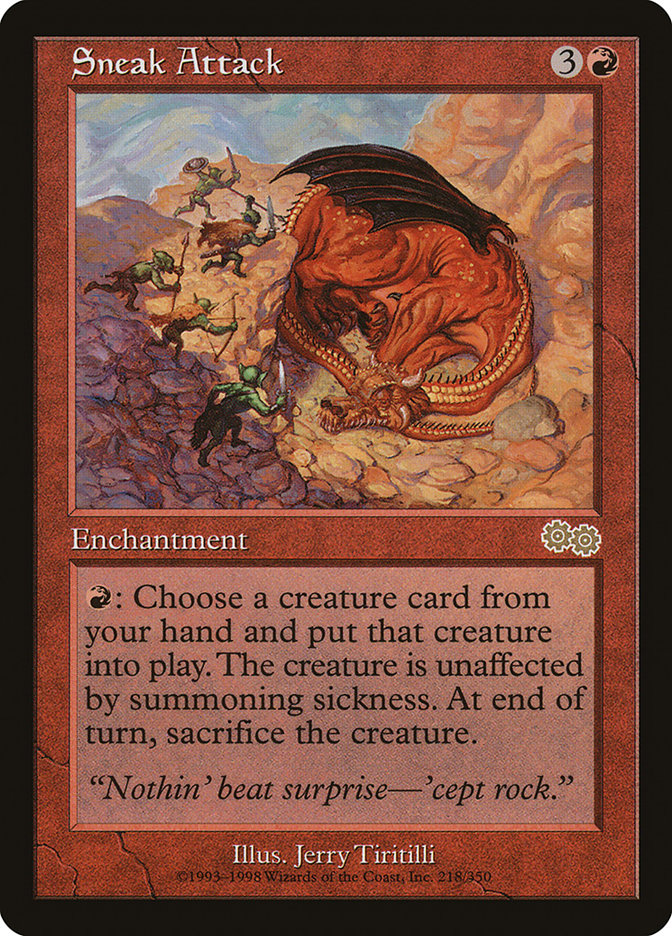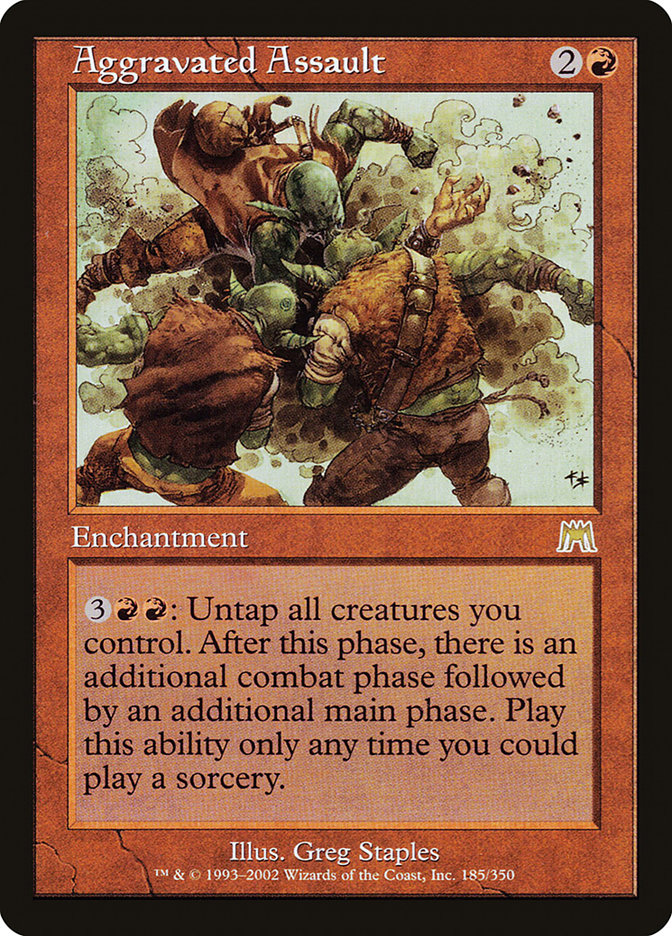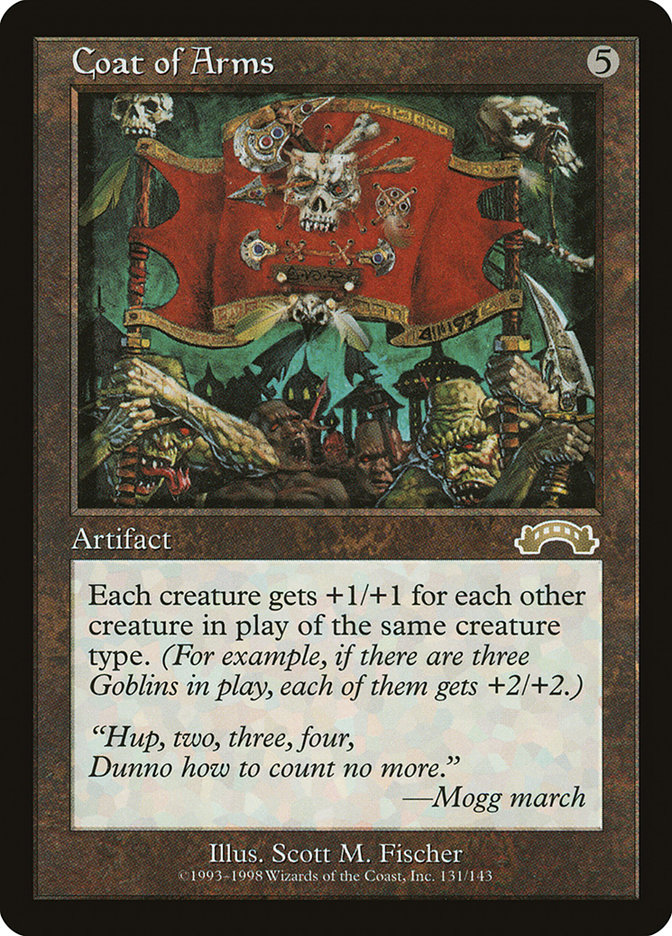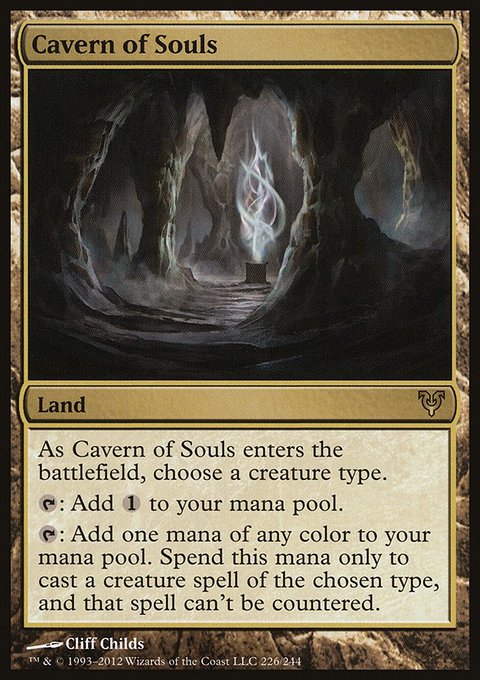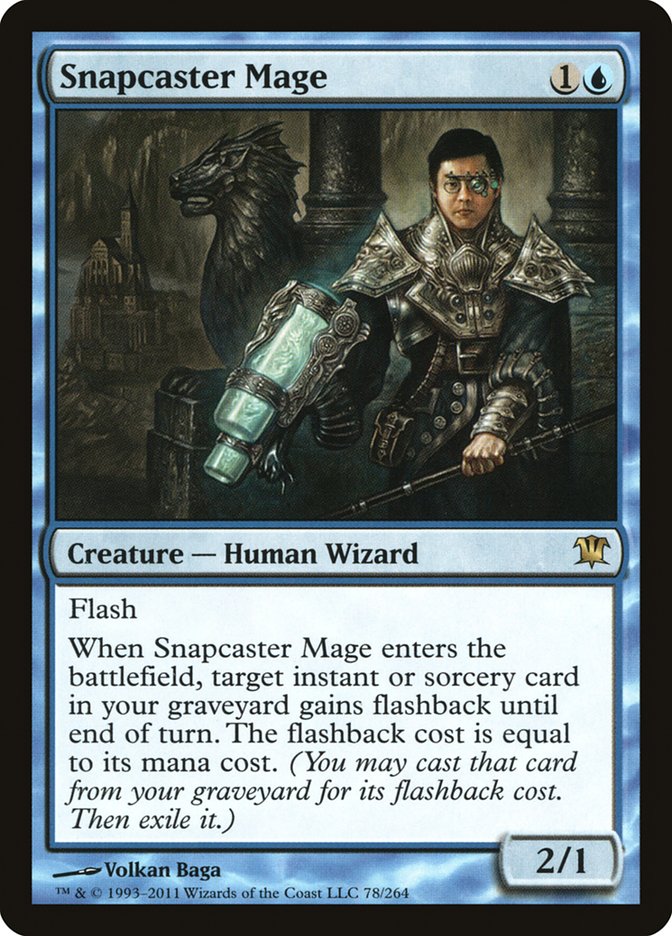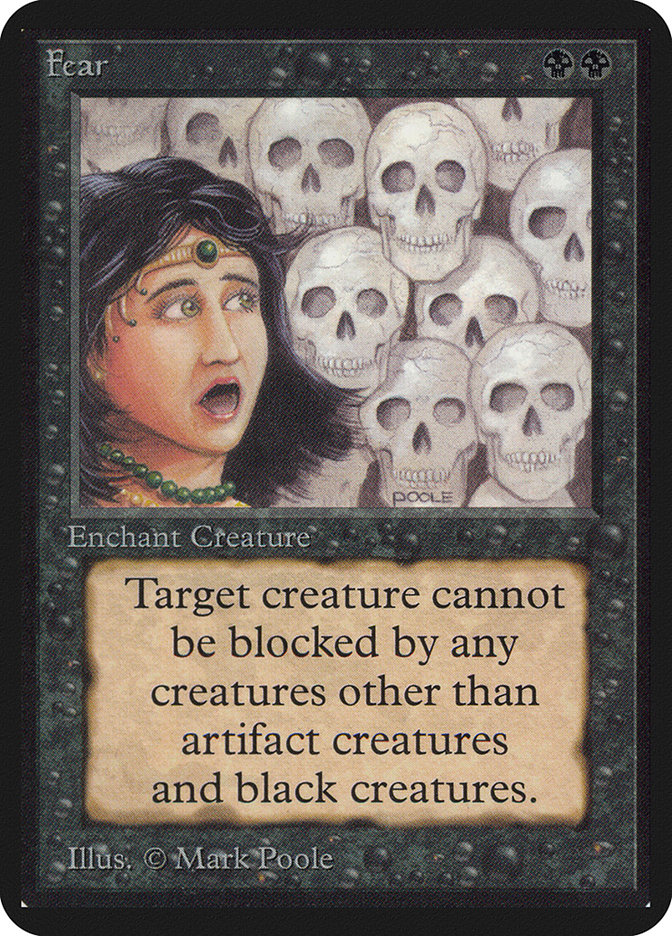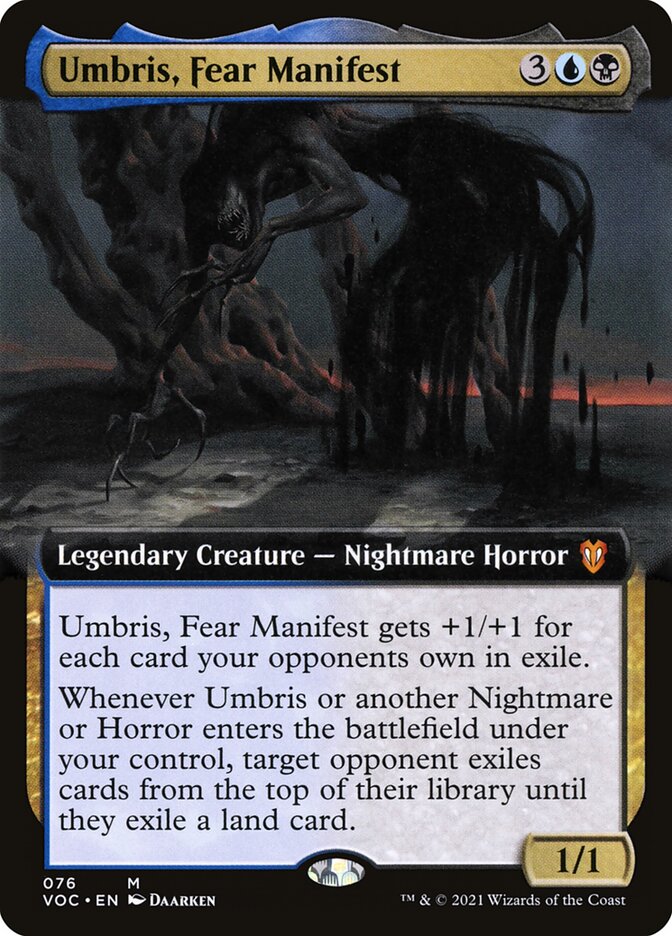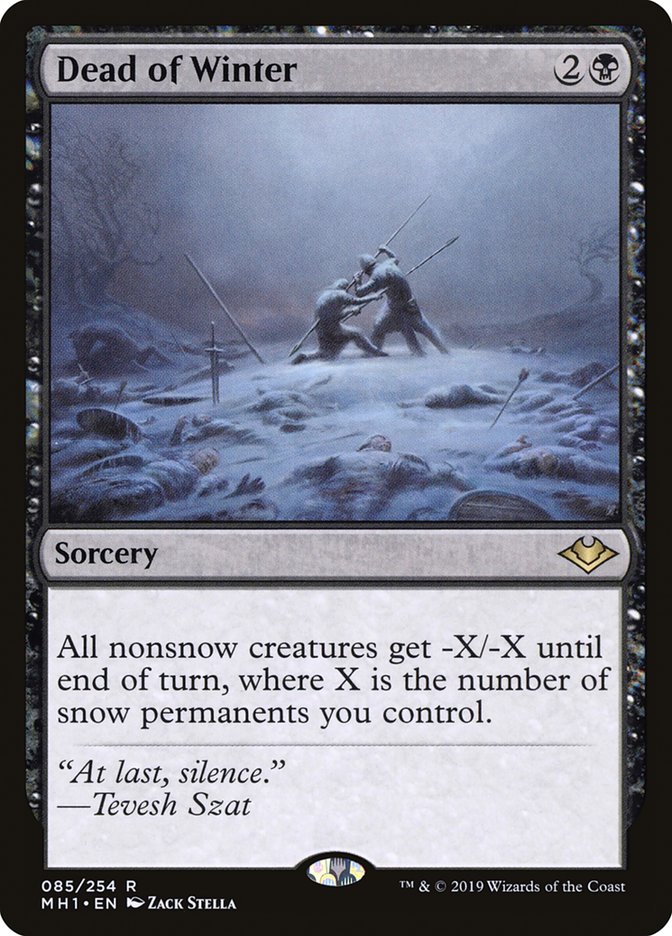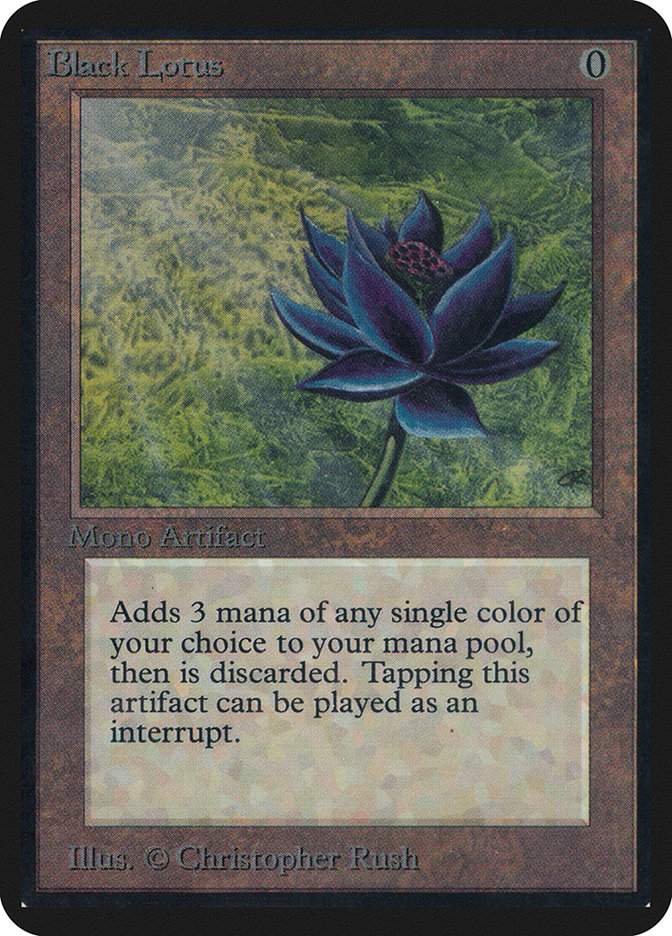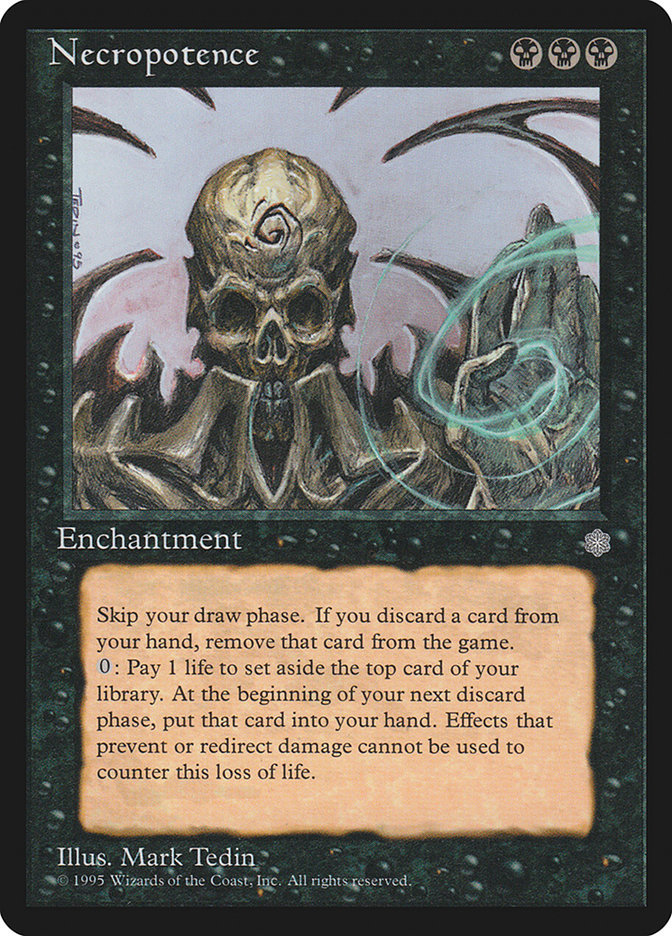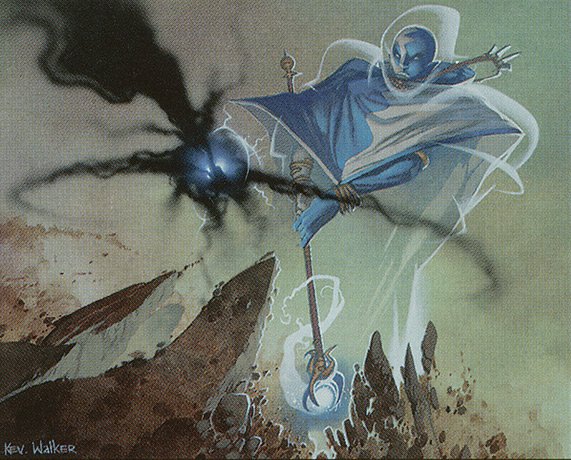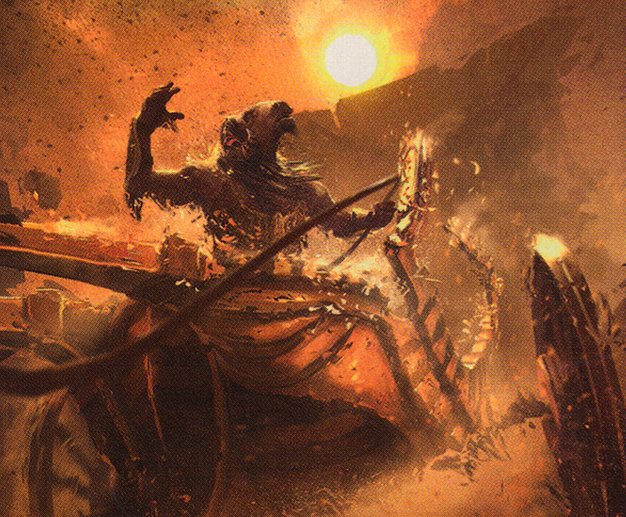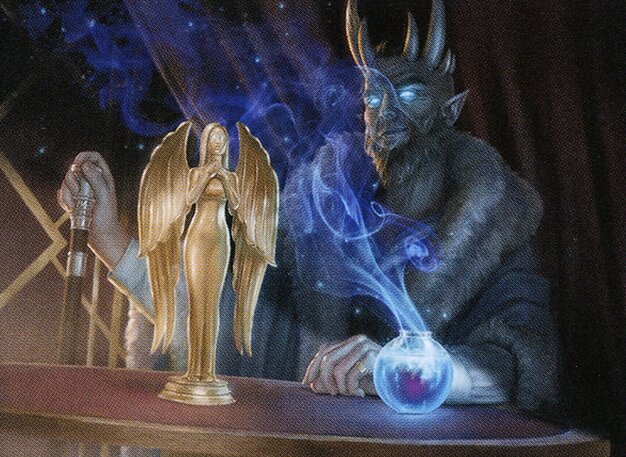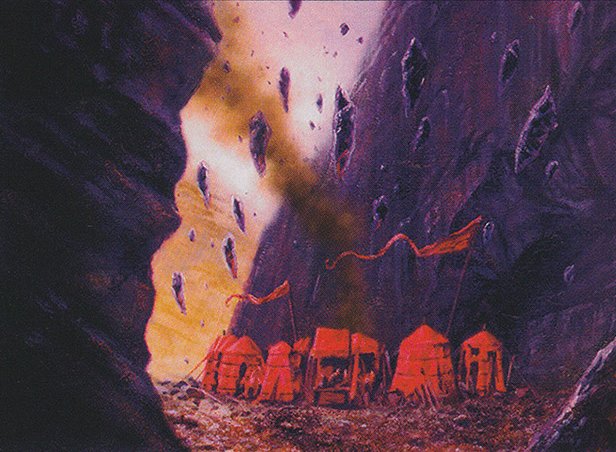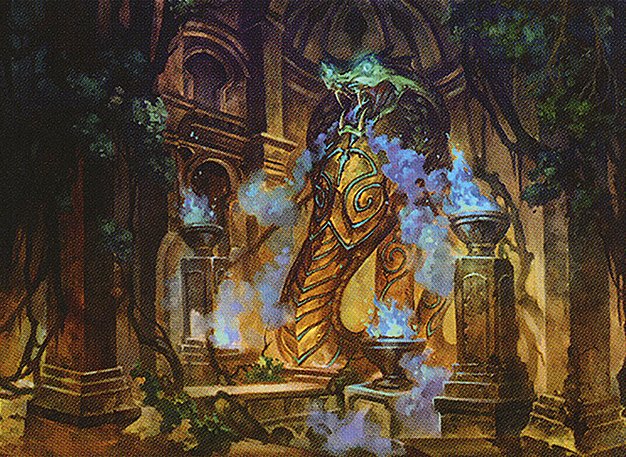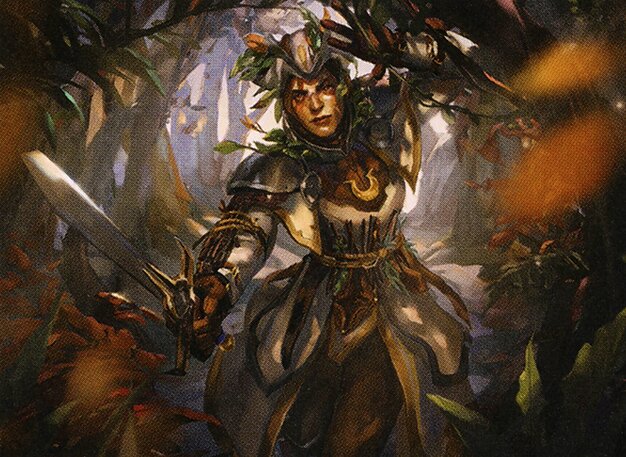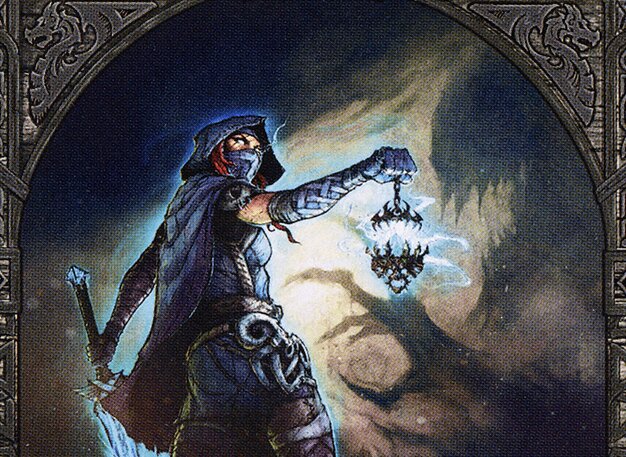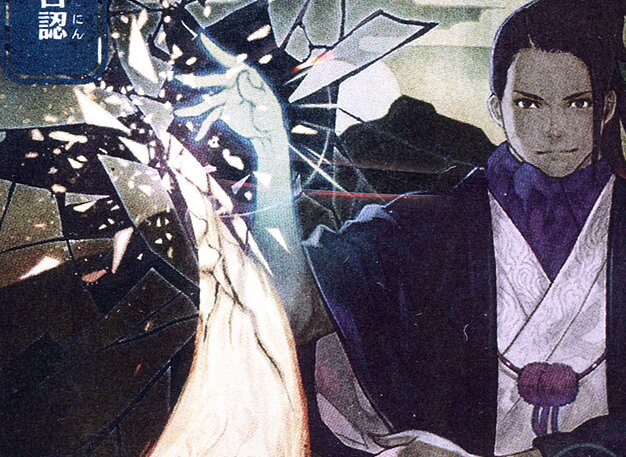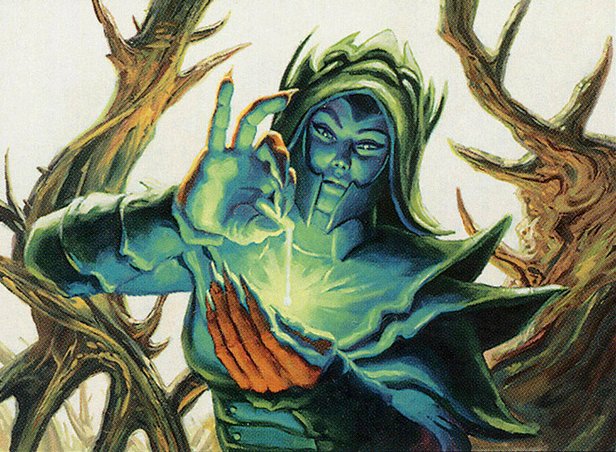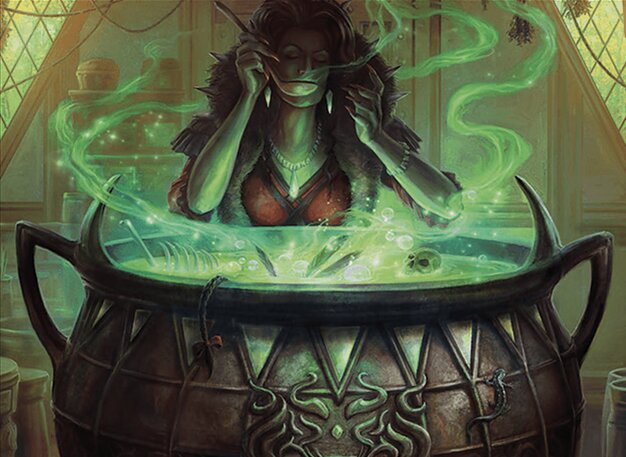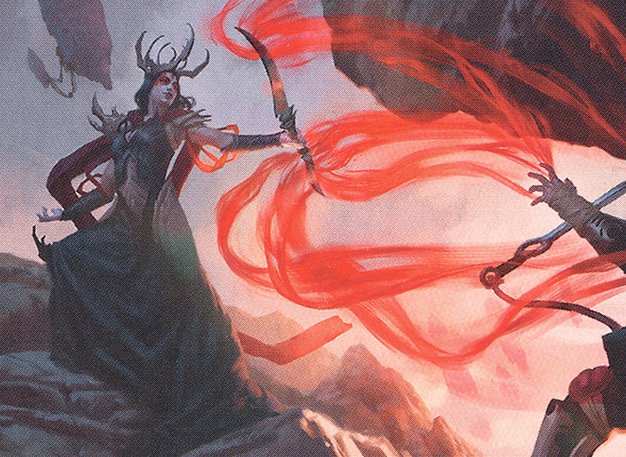All about Magic The Gathering
MTG sets
Step into the diverse universe of Magic the Gathering sets with BurnMana, your authoritative destination for the latest and most sought-after MTG collections. Each set we offer is a gateway to new worlds, intricate mechanics, and dynamic gameplay.
Whether you're hunting for iconic cards from legacy sets or eager to explore the innovative features of the newest releases, BurnMana provides a comprehensive inventory that caters to collectors and competitive players alike.

Assassin's Creed
The Animus has a fresh target: Magic: The Gathering. Take a Leap of Faith into a unique version of your favorite game, discovering weapons, characters, and real-world locations on the battlefield. Unravel the secrets of the past by tracing the paths of the assassins who preceded you, and remember, you must be swift, precise, and never reveal your strategy.

Modern Horizons 3
Modern Horizons 3 is an exciting addition to the Magic: The Gathering series, released on June 14, 2024. This set is tailored for the Modern format, introducing a blend of new cards and beloved reprints that promise to shake up gameplay. Key highlights include the return of the formidable Eldrazi Titans, featured in special Borderless Concept and Serialized card treatments, and the inclusion of double-faced Planeswalkers, adding a fresh strategic element.
All sets
MTG cards
Discover the enchanting world of Magic the Gathering (MTG), the pioneering trading card game that combines strategic depth with a rich fantasy lore.
Most searched cards
MTG decks
Elevate your Magic the Gathering, MTG Arena and Magic Online (MOL) deck-building experience with top-tier decks from BurnMana, the leading source for all your MTG deck-building essentials. Our curated selection features competitive and casual decks tailored for every playstyle, ensuring you're always prepared for battle.
From the strategic intricacies of Control to the swift aggression of Aggro, our decks are crafted with the finest card combinations, providing you with the edge you need to dominate the game. With BurnMana's expertly designed MTG decks, comprehensive strategy guides.
More decks
Commander decks
Standard decks
Modern decks
Commander decks
Standard decks
Modern decks
MTG Articles
Embark on a journey to mastery with BurnMana's comprehensive suite of Magic the Gathering articles, where each piece serves as a valuable resource for players seeking to enhance their understanding and performance in the game.
Our extensive collection of articles, ranging from detailed strategy guides and deck breakdowns to card analysis and gameplay tactics, is designed with the player's growth in mind.
Ultimate Guides MTG - Strategies & Top Cards
More articles
